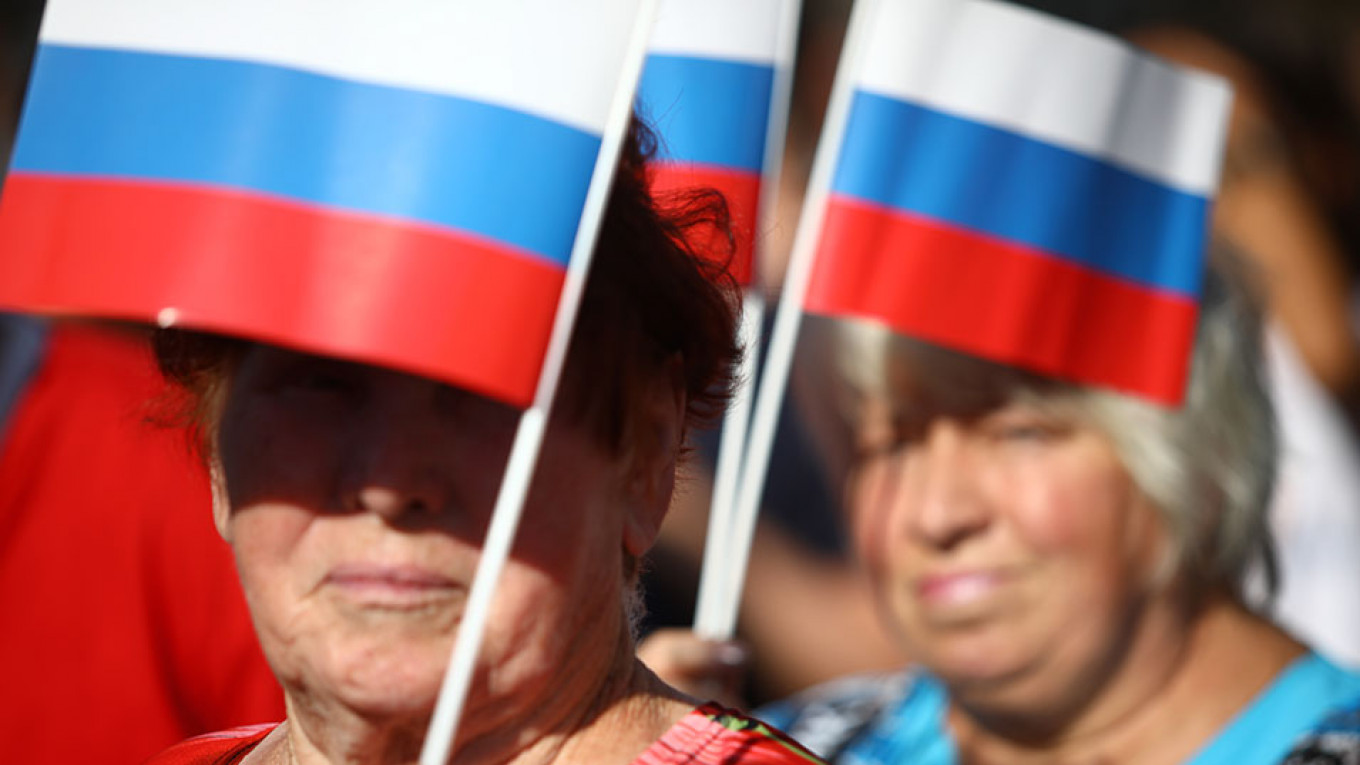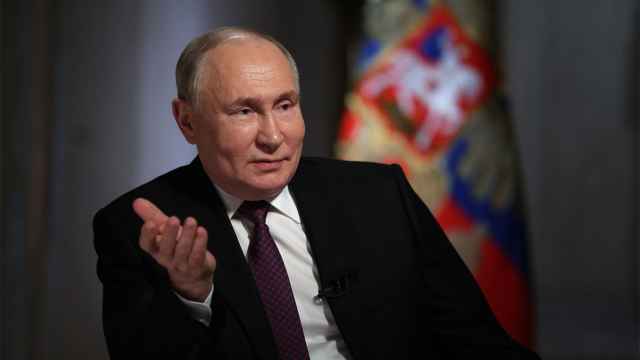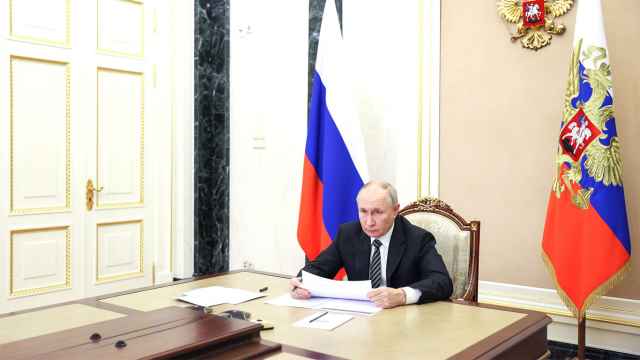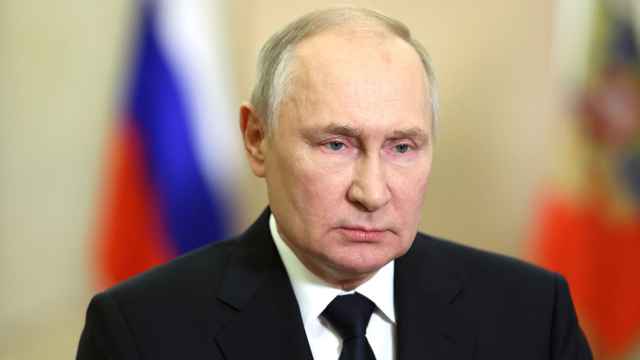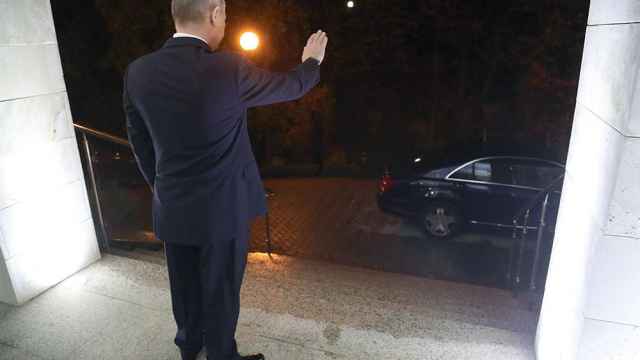Read the Russian version here.
Mikhail Mishustin appeared before the State Duma on Jan. 16 to answer questions from deputies. The previously obscure candidate for the post of prime minister behaved confidently enough, and when members of the Kremlin-friendly so-called “opposition” grilled him on what he felt should be done to help workers in Russia’s villages, he responded with stories of how Amazon and Facebook became successful and the nature of digitization.
In short, no real dialogue took place, but this did not prevent Russian parliamentarians from voting unanimously only two minutes later to approve him as the new head of government.
There was a lot of truth in what Mishustin said, but few members of the Russian elite understand the difference between the new “smart” economy and the traditional economy — the massive industrial enterprises and raw materials deposits inherited from the Soviet Union. Perhaps this is partly because pumping money out of oil wells and rusty Ural mountain factories has been much easier than keeping pace with the global economy.
There have been exceptions, however. For example, the internet and cellular communications appeared in Russia only after the collapse of the Soviet Union. Despite the fact that there was no cellular communications ministry, three major players managed to provide the largest country on earth with efficient cell phone coverage in an amazingly brief 20-30 years. One of those companies focused on the younger generation and, early on, adopted the slogan: “The future depends on you.”
Few noticed when, five years ago, that company quietly replaced what had been a wonderful and inspiring slogan with the far more prosaic: “Truly close.” If historians one or two centuries from now want to sum up Putin’s decades-long rule, that change of words illustrates things well.
The burning sensation of moving toward the future, change and development that pulsed through society at the end of the 1990s as the country emerged from a decade of economic difficulties has gradually given way to profound apathy, frustrated indifference and severe depression.
Every single Russian can now honestly say that the future does not depend on them. Elections and selection processes have long been a sham, games with predetermined results that admit only Kremlin-approved players.
Courts hand down verdicts in high-profile cases based on instructions from the top, not principles of justice. The police and other law enforcement bodies often do more harm than good, and so people avoid them whenever possible.
Russians cannot pursue business interest or the artistic professions and be confident that they will lead to a better future.
If your business becomes unusually successful, it might fall prey to raiders, new prohibitive laws or a Kremlin foreign policy gamble that leads to sanctions and counter-sanctions.
Artists and performers have it even worse. If they unwittingly offend Russia’s supposedly non-existent censors, they face harassment or even a block on their cash flows — as happened to rappers whose concerts were canceled in 2018.
You might even wind up in prison, and not just for creative activity that the authorities deem inappropriate. Anyone in Russia could end up behind bars for almost any reason. This is because the future does not depend on the people. Neither does it depend on the prime minister — the old or the new one.
Russia’s future does not depend on the 70 members of the Constitutional Amendment Commission or on those serving in the Federal Assembly. Nor does it depend on the anchors on state-run television who bring us these stories. It does not depend on the popular Kremlin bloggers who glorify all this on social networks. Russia’s future does not depend on anyone.
Only one person — “he who must not be named” — can influence Russia’s future. This was true before all the changes and it will remain true long afterward. This means, in fact, that nothing at all happened in Russia on Jan. 15, 2020.
A Message from The Moscow Times:
Dear readers,
We are facing unprecedented challenges. Russia's Prosecutor General's Office has designated The Moscow Times as an "undesirable" organization, criminalizing our work and putting our staff at risk of prosecution. This follows our earlier unjust labeling as a "foreign agent."
These actions are direct attempts to silence independent journalism in Russia. The authorities claim our work "discredits the decisions of the Russian leadership." We see things differently: we strive to provide accurate, unbiased reporting on Russia.
We, the journalists of The Moscow Times, refuse to be silenced. But to continue our work, we need your help.
Your support, no matter how small, makes a world of difference. If you can, please support us monthly starting from just $2. It's quick to set up, and every contribution makes a significant impact.
By supporting The Moscow Times, you're defending open, independent journalism in the face of repression. Thank you for standing with us.
Remind me later.



